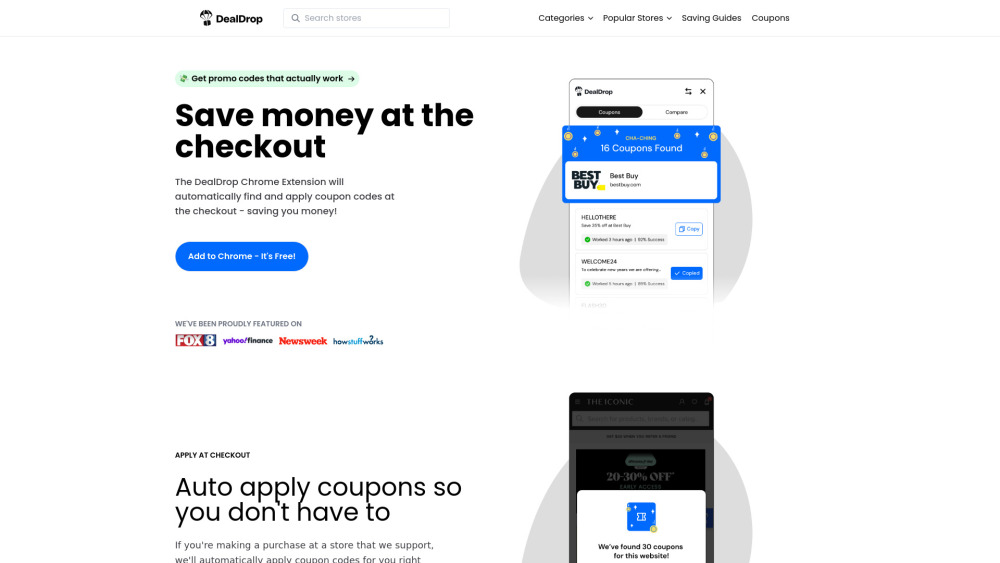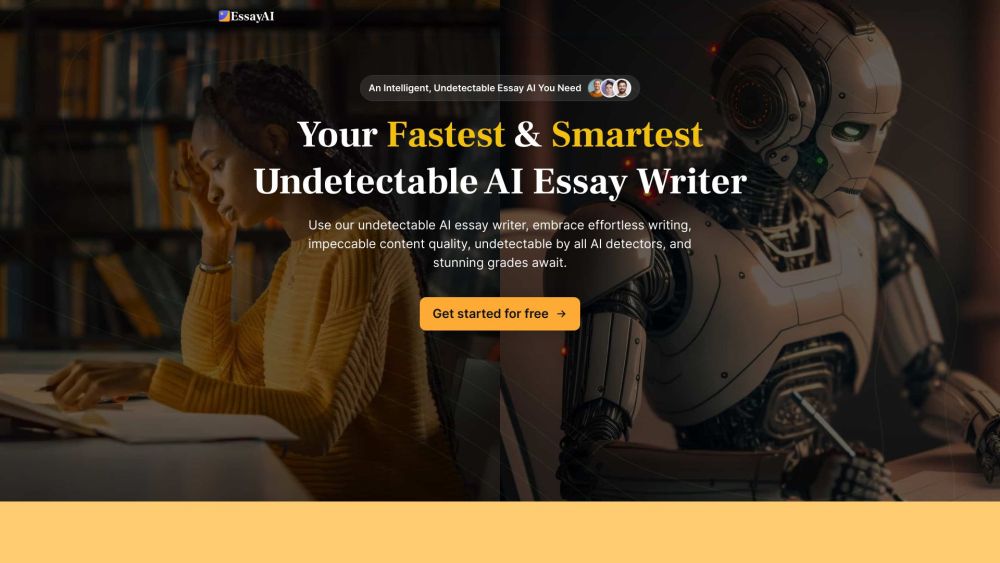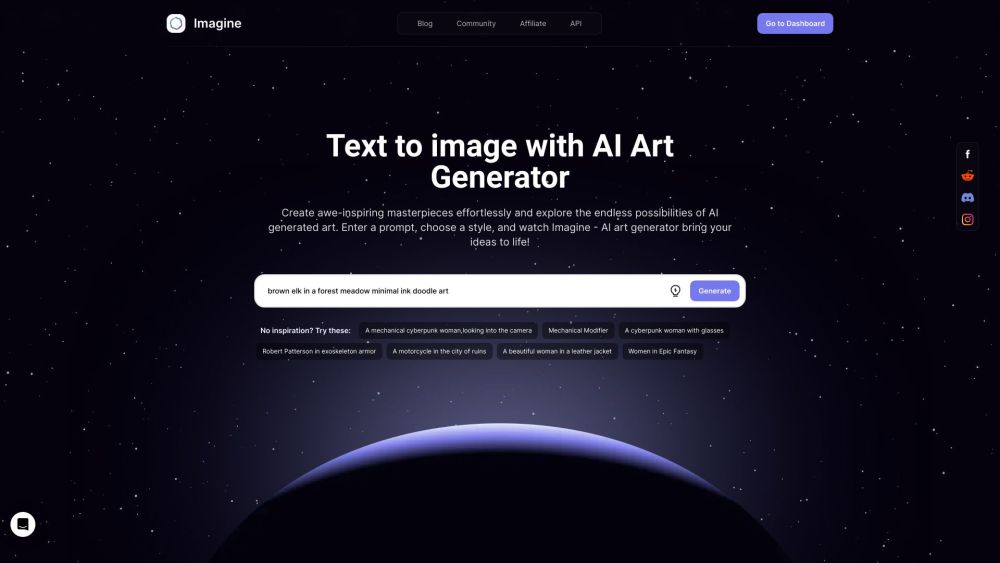Lenovo's CEO, Yuanqing Yang, envisions a groundbreaking future for generative AI characterized by a “personal foundation model” that authentically understands you and operates directly from your smart device. At Lenovo Tech World 2023 in Austin, Texas, Yang elaborated, “In the future, your PC may transform into an AI PC. Your phone could evolve into an AI phone, and your workstation might become an AI workstation.” This vision was further explored alongside industry leaders, including Nvidia's CEO Jensen Huang and AMD's CEO Lisa Su, who participated in the event.
The concept of a personal foundation model revolves around training an AI specifically on your individual data, enabling it to respond to inquiries in a manner tailored precisely to you—without requiring internet access. This innovation unlocks possibilities, allowing your AI to assist with personal tasks such as planning travel or recommending dining options based on your unique preferences.
Foundation models, integral to this technology, are expansive machine learning entities, often encompassing 100 to 200 billion parameters. They are trained on extensive datasets sourced from the internet, enabling them to perform a diverse array of tasks beyond rudimentary functions. Prominent examples include OpenAI’s ChatGPT, which is built on the powerful GPT-3.5 and GPT-4 foundation models.
Currently, users can choose between two primary types of foundation models: public and private. Public foundation models, like ChatGPT, are available to everyone. They are trained on open-source data, facilitating general tasks. However, this accessibility also means that any data shared is added to the public domain, potentially compromising specificity and accuracy in responses.
On the other hand, private foundation models are honed for particular industries or organizations, allowing them to provide precise answers and undertake specific tasks while ensuring that sensitive information remains internal. These models cater to groups, such as a company’s employees, but lack individual personalization.
Personal foundation models, a significant leap forward, are crafted solely around you—the individual user. Trained on your data, this tailored AI can adeptly understand your tastes and preferences, making it an invaluable assistant in your daily life. Lenovo's innovative model compression technology allows these personal foundation models to operate directly on your device, creating what Yang describes as “a digital extension of you” or your “personal AI twin.”
Yang's vision resonates with that of Mustafa Suleyman, co-founder of DeepMind and now leading Inflection AI, who also anticipates a future where personal AI can engage in various activities on your behalf, such as legal representation and making purchases.
In a bold move towards AI innovation, Lenovo announced plans to invest $1 billion in AI devices, infrastructure, and solutions over the upcoming three years, complementing its existing commitments in the technology.
**Hybrid AI Framework**
Lenovo’s Chief Technology Officer, Yong Rui, proposed that the future of foundation models lies within a hybrid AI framework that effectively integrates public, private, and personal models. To grasp this framework, Rui first described the stand-alone functionality of each model type.
A foundation model initially trained without specific data evolves into a public model through training with expansive, public datasets. By incorporating enterprise-specific data, it transitions to a private model, which can address both general inquiries and specialized tasks pertinent to a business.
A private foundation model excels in handling enterprise-specific duties, requiring an enterprise knowledge vector database for accurate outcomes. Both model types must seamlessly integrate with existing systems like ERP and CRM to effectively fulfill broader organizational tasks.
Transforming into a personal foundation model involves compressing the information-rich large model to fit smaller devices. Lenovo achieves this by identifying important structures within the foundation model, such as neurons and their connections, to prioritize crucial components. This process allows for significant reductions in model size while maintaining competent performance, enabling the model to reside comfortably in devices such as PCs or smartphones.
Ultimately, the ideal foundation model amalgamates elements from all three categories. Before deploying tasks to these models, a data management module is essential to ensure privacy and appropriateness. By assessing whether a task is suitable for public, personal, or private processing, it ensures that sensitive data remains secure.
Rui concluded that by merging public, private, and personal foundation models, a robust hybrid AI framework can be established, paving the way for a future where AI technology is intimately attuned to individual needs.




